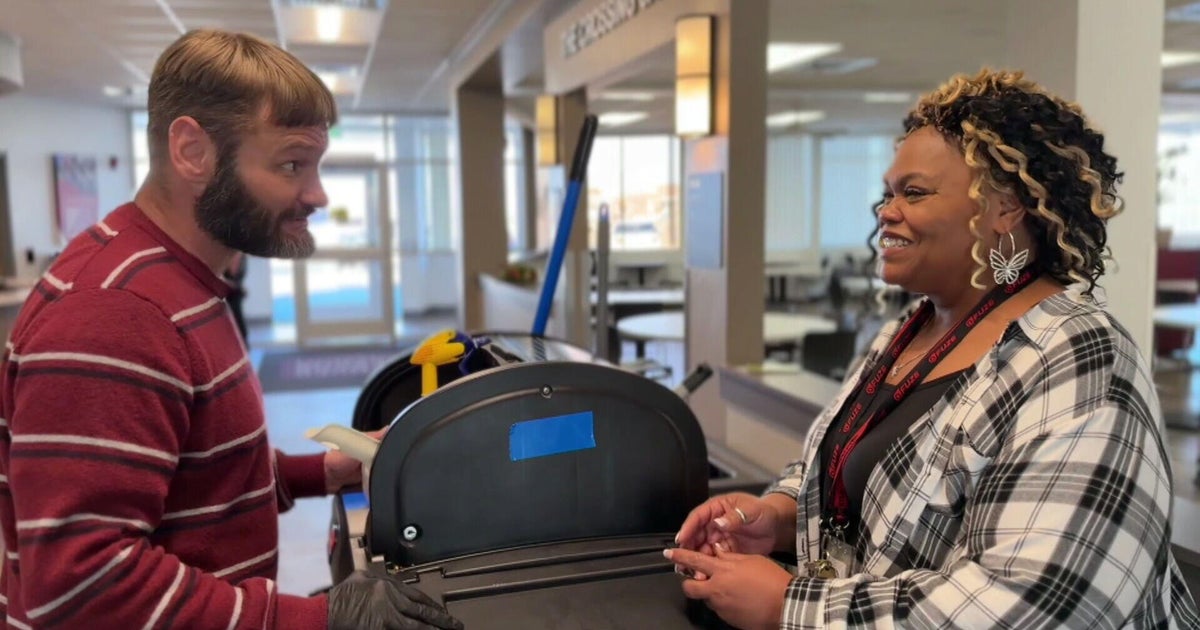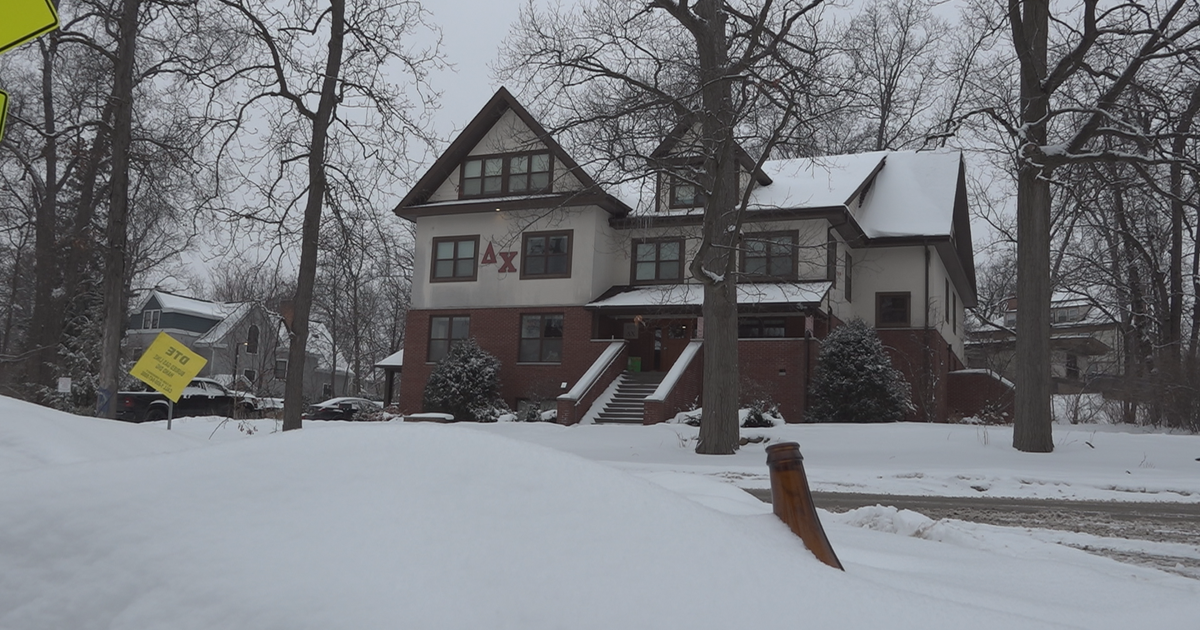Unabomber Decoded: Did Harvard Study Fuel Rage?
MIAMI (CBS4) -- The Unabomber's reign of terror spanned 17 years. But few people know the killer, Ted Kaczynski, participated in a controversial psychological experiment as a teenager. Author Alston Chase is the man who helped uncover this dark secret.
In his research, Chase discovered that during Ted Kaczynski's sophomore year at Harvard in 1959, he joined a psychological research study. He was 17-years-old when he joined the study lead by Dr. Henry Murray.
"He goes to Harvard," said Chase, "and his disappointments begin."
Murray was well known by the CIA and worked with the OSS during World War II training spies to withstand intense interrogations.
"He (Murray) went back to Harvard and got a series of grants," according to Chase, "You could say that he was simply continuing on what he had done for the OSS, at Harvard."
Chase said in Murray's study, Kaczynski and 21 other students were asked to write an essay on their philosophy of life, including details from toilet training to how often they masturbate and detailing their erotic fantasies.
"Then they're told that after they've written it that they will meet with another undergraduate student and they will debate it - have a discussion about their philosophies of life," said Chase. "In fact - they were being duped."
Chase says each student was brought into a room with bright lights, seated in a chair facing a one-way mirror. They had electrodes attached to their body, and the person they were supposed to debate turned out not to be an undergraduate.
"A law school student who had been prepped to tear into the student and to mock and ridicule their ideas and their values. To get them as angry as they possibly could," said Chase. "After they had done this film footage, they brought the students back, and showed them the film footage. Showed them being humiliated. They were rubbing salt into the wounds."
Each student in the study was also given a code name. Chase said Kaczynski's was "Lawful." When "Lawful" became lawless, Kaczynski didn't just send bombs to people who helped forward technology.
"He included psychologists… as people who were the enemy," said Chase.
In his book "Technological Slavery", Kazcynski wrote that in 1962 he became hostile toward technology. That's the same year the Murray study ended.
Retired FBI special agent and behavioral expert, Kathleen Puckett, is one of the few to read nearly all 40,000 pages of Kaczynski's writings confiscated from his Montana cabin when he was arrested in 1996. She says Kaczynski's biggest problem was that he could never connect with people, and often wrote about wanting a relationship with a woman.
"The Harvard Study has frankly been very exaggerated in my view," says Puckett. "Kaczynski wrote that he was a social cripple, that his parents had destroyed his life by moving him two grades, how lonely he felt and how angry he was that he couldn't relate to people the way he wanted to."
In 1998, Kaczynski pleaded guilty, escaping the death penalty and was sentenced to life in prison.
CBS News asked Harvard to look at the Murray study documents and tape recordings of Kaczynski since the world now knows his code name was "Lawful." Harvard denied the request.







